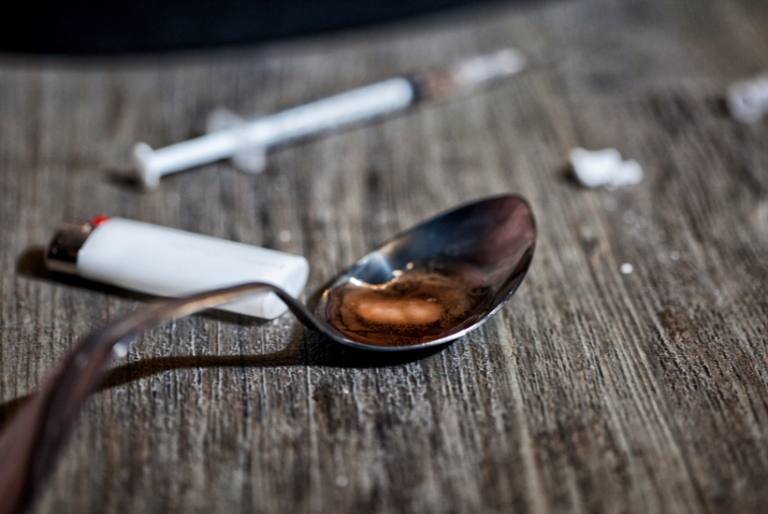What Happens to Your Body When You Drink?
For many of us, having a drink is a common way to relax, celebrate, or socialize. According to a 2023 Gallop News poll, 62% of U.S. adults drink alcohol. Whether it’s a glass of wine with dinner or a beer after work, alcohol plays a big role in many social settings. But have you ever stopped to think about what happens to your body when you drink? While it might seem like a harmless way to unwind, alcohol can affect nearly every part of your body, both in the short term and over time.
Immediate Effects on the Brain and Nervous System
You may notice alcohol’s effects pretty quickly after your first drink. That’s because alcohol is absorbed into your bloodstream almost immediately and starts making its way to your brain. Here’s what happens:
- Lowered Inhibitions: One of the first things alcohol does is affect your brain’s prefrontal cortex, the part responsible for decision-making and self-control. This is why people often feel more relaxed or less inhibited after a drink or two.
- Slower Reactions: Alcohol also slows down how your brain processes information, which is why your reflexes and reaction times get slower. This makes activities like driving after drinking extremely dangerous.
- Mood Changes: Depending on how much you drink and your personal chemistry, alcohol can either lift your mood or, for some, lead to feelings of sadness or anger. It’s different for everyone.
How Alcohol Affects Your Digestive System
Once you drink alcohol, it moves quickly through your digestive system. Some of it gets absorbed directly into your bloodstream through your stomach lining, and the rest is processed in the small intestine. Here’s how alcohol impacts your digestion:
Increased Stomach Acid: Drinking can cause your stomach to produce more acid, which can irritate the lining and cause nausea or even vomiting if you’ve had a lot to drink.
Sluggish Digestion: Alcohol also slows down the digestive process, which can make you feel bloated or uncomfortable. If you drink regularly, this can lead to longer-term problems like gastritis or ulcers.
The Liver’s Role in Breaking Down Alcohol
Your liver does most of the heavy lifting when it comes to processing alcohol. It’s responsible for breaking down alcohol and removing it from your system. However, your liver can only process so much at once—about one drink per hour.
Fatty Liver: If you drink often, your liver may start to accumulate fat, a condition known as fatty liver disease. This can progress to more serious liver damage over time, including cirrhosis, where the liver becomes scarred and unable to function properly.
Alcohol Hepatitis: Chronic drinking can also cause inflammation of the liver, known as alcohol hepatitis. This condition can cause symptoms like yellowing of the skin (jaundice), fatigue, and liver pain, and it can be life-threatening if alcohol use continues.
Effects on Your Heart and Blood Vessels
How alcohol affects your heart depends on how much and how often you drink. While some studies suggest that moderate drinking might have heart benefits, excessive drinking can harm your cardiovascular system.
Drinking alcohol can cause your blood vessels to expand briefly, leading to a temporary drop in blood pressure. However, once the alcohol starts to wear off, your blood pressure can spike, which can increase the risk of heart disease over time.
Binge drinking can cause your heart to beat irregularly, and over time, it can weaken the heart muscle, a condition called cardiomyopathy. Long-term heavy drinking is linked to an increased risk of heart disease and stroke.
How Alcohol Weakens Your Immune System
Alcohol can weaken your immune system, leaving your body more vulnerable to infections. Regular heavy drinking can reduce the production of white blood cells, which are crucial for fighting off infections. This can make you more likely to catch colds, the flu, or other illnesses. If you do get sick, alcohol can slow down your recovery because it weakens your body’s ability to heal.
The Impact on Your Kidneys and Hydration
You might have noticed that you need to use the bathroom more often when you drink. That’s because alcohol is a diuretic, which means it makes your body produce more urine. Drinking alcohol can lead to dehydration, which is why you might feel symptoms like a dry mouth, headache, or dizziness after a night of drinking. This dehydration can also make hangover symptoms worse. Over time, heavy drinking can damage your kidneys and make it harder for them to regulate your body’s fluids and electrolytes. Chronic alcohol use can even lead to kidney disease.
Long-Term Consequences of Drinking
Drinking alcohol regularly can have serious long-term effects on your body. Some of the most significant risks include:
- Liver Disease: As mentioned earlier, chronic alcohol use can lead to conditions like fatty liver disease, alcohol hepatitis, or cirrhosis. Cirrhosis is a particularly dangerous condition, as the liver becomes scarred and starts to fail.
- Brain Damage: Over time, heavy drinking can lead to permanent brain damage. People who drink excessively are at a higher risk for conditions like dementia and memory problems. It can also worsen mental health issues like depression and anxiety.
- Heart Disease: Regular alcohol consumption can increase the risk of heart disease. This includes high blood pressure, irregular heartbeats, and heart muscle damage.
- Cancer Risk: Drinking alcohol is also linked to an increased risk of several types of cancer, including cancers of the mouth, throat, esophagus, liver, breast, and colon.
Alcohol Dependence and Addiction
If you drink often, your body may develop a tolerance, meaning you need to drink more to get the same effect. Once tolerance builds, stopping drinking can lead to withdrawal symptoms like anxiety, nausea, or even seizures in severe cases. Over time, people can become both physically and mentally dependent on alcohol. This can make it hard to stop drinking, even when it’s clearly affecting health, relationships, or work.
Getting Help for Alcohol Use
If you or someone you care about is struggling with alcohol use, it’s important to know that there is help available. The physical and mental effects of alcohol can be tough to overcome, but with the right support, recovery is possible.Alcohol can have significant effects on your body, both immediately and in the long run. While occasional drinking may not seem harmful, excessive or regular consumption can lead to serious health problems like liver disease, heart issues, and addiction. To learn more about getting help for alcohol addiction, reach out to Louisville Recovery Center today.







